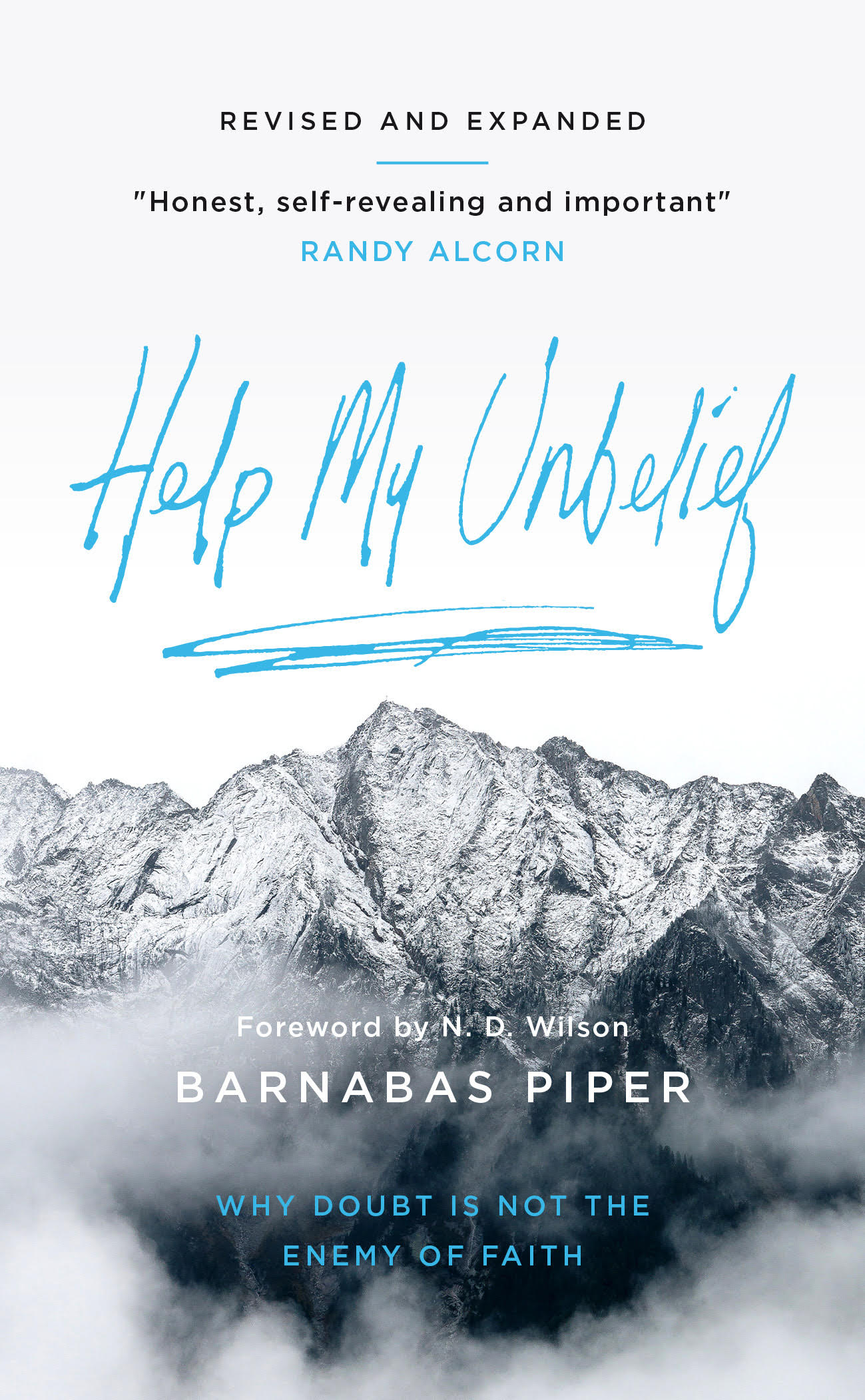Chris Rock is a hilarious human, my favorite comedian. What makes Rock and other genius comedians like him so remarkable is the ability to observe and relate subtle truths through jokes. In his 1999 HBO comedy special, Bigger and Blacker (a comedic staple of my high school years), Rock riffs on people who love to “keep it real.” They love to “not know,” says Rock. Keeping it real has morphed in our nomenclature into “authenticity” over the past fifteen years. We want to be the raw, uncut version of ourselves. Where once we had to have buttoned up explanations we now are free to not know, and we revel in that freedom. Authenticity like this is precisely why doubt is so sexy today.
When I say “we” I mean younger people in the church. We are addicted to doubt — a reaction to a religious background that stifled it during our formative years. When we were growing up questions about God, any sign we lacked surety, was frowned upon either explicitly or tacitly by the greater church. Sometimes we were reprimanded, but more often we simply received canned answers to hard questions and were told to believe them. Our doubts were not resolved; they were suppressed. Many of us grew up in fundamentalist contexts where things were black and white, right or wrong, yes or no. There was no room for anything else. Anything else was sinful.
But we knew that wasn’t us. That wasn’t keeping it real. That wasn’t authentic. Authenticity doubts, and when we discovered this we gorged ourselves on it and wallowed in it. We came to love our doubts and our “real” expressions of them.
And this is not all bad. The bent toward keeping it real has generated some real progress in the church. It opened the door for dialogue instead of diatribe. Questions are welcomed and lead us to exploration and truth finding. More significantly, authenticity is willing to say “I don’t know,” and when it comes to an infinite, unfathomable God we ought to say that. We simply can’t know certain things. Christianity is full of mystery, and acknowledging that invites people in instead of putting up a wall. Our openness to not knowing nudges us toward humility. This sort of doubting authenticity takes a more patient and gentle stance toward those who struggle and welcomes them.
The coin has another side, though. Doubt can lead us deeper into truth and can keep us humble, but it is no place to reside. Our addiction to it has put premium value on vagaries and feelings. We have become so uncomfortable with certainty of any kind that we don’t present our beliefs as propositional truths. We loathe the thought of being seen as dogmatic. Our addiction to authenticity and doubt means we risk losing a grip on truths about God we can know, we must know. We love questions so much we drift away from definitive answers.
We cannot let our love of mystery cloud God’s character. When we can’t understand why or how God does things we can still know who He is. We can plant a flag on truth even as we ask questions. Is the Bible confusing and mysterious? Yes. Does it raise questions we can’t answer? Yes. Does it seem to break the rules of evidence, proof, and cultural norms? Absolutely. But it is true. We don’t have to doubt that because we can know from whom it came. It is a revelation of precisely what God wanted us to know about Himself, His character, His work, His plans. And our doubt must never undermine that.
We love to keep it real, to be authentic, but we can’t afford to be addicted to doubt. Doubting is inevitable; it can serve us and the church well when it motivates us to dig deeper for truth. Sometimes we must even come to terms with not knowing because we can’t. But when we “love to not know,” as Chris Rock described it, we have given in to an addiction that inevitably sets adrift away from truth.
 For more on the subject of faith and doubt check out my book Help My Unbelief: Why Doubt is Not the Enemy of Faith.
For more on the subject of faith and doubt check out my book Help My Unbelief: Why Doubt is Not the Enemy of Faith.
Originally posted at MillennialEvangelical.com.
